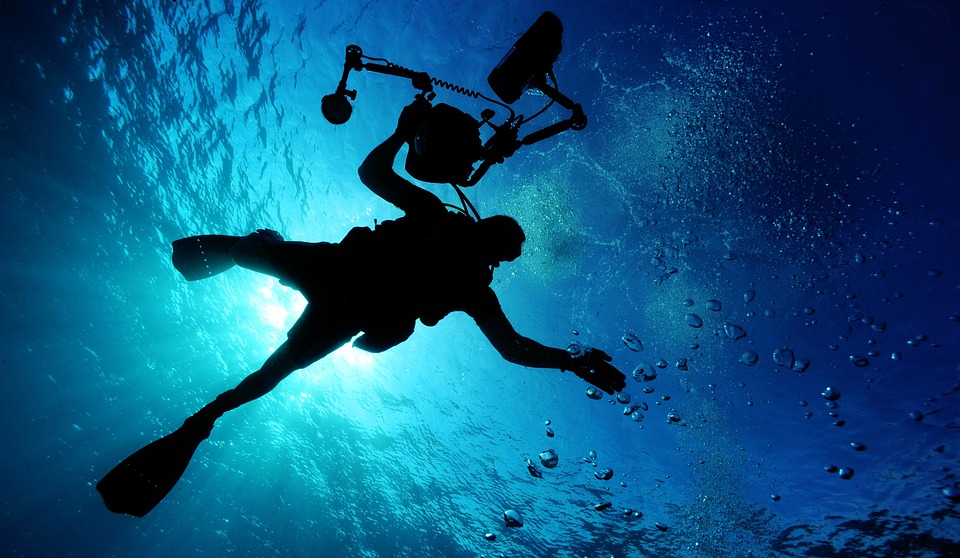Table of Contents
Introduction
Are you seeking a thrilling adventure that allows you to explore the vast underwater world? Look no further than scuba diving – a fascinating activity that lets you dive deep and discover the wonders beneath the surface. Whether you’re a novice or an experienced diver, the adventure of scuba diving can unleash your inner explorer and open new doors to exciting experiences.
Benefits of Scuba Diving
1. Physical Fitness
Engaging in scuba diving requires physical exertion from swimming against currents, carrying heavy equipment, and maintaining buoyancy. This activity provides a full-body workout, toning muscles, improving cardiovascular health, and increasing stamina.
2. Stress Relief
Diving allows you to escape the chaos of everyday life and immerse yourself in a peaceful, underwater oasis. The serene environment, combined with the rhythmic sound of your own breath, creates a meditative experience that alleviates stress and promotes relaxation.
3. Exploration and Adventure
Scuba diving opens up a whole new world of exploration and adventure. With each dive, you can discover stunning coral reefs, encounter fascinating marine creatures, and explore captivating shipwrecks. The thrill of diving into the unknown and encountering awe-inspiring sights is unparalleled.
4. Environmental Awareness
By diving into the underwater world, you gain a firsthand understanding of the importance of marine conservation. Witnessing the fragile beauty of coral reefs and encountering various marine species fosters a sense of responsibility towards protecting our oceans and marine life.
Getting Started with Scuba Diving
1. Certified Training
Prior to diving, it is essential to complete scuba diving training from a certified instructor or dive center. These training courses cover the necessary knowledge and skills required to dive safely, including equipment usage, underwater communication, and emergency procedures.
2. Essential Equipment
Investing in high-quality scuba gear is crucial for a safe and enjoyable diving experience. The essential equipment includes a diving mask, snorkel, fins, buoyancy control device (BCD), regulator, dive computer, and wetsuit or drysuit, depending on the water temperature.
3. Dive Planning
Proper dive planning is vital to ensure your safety underwater. It involves choosing suitable dive sites, checking weather conditions, assessing currents and visibility, and determining appropriate depths and dive times. Additionally, always dive with a buddy to enhance safety and share the experience.
FAQs
1. Can anyone scuba dive?
While scuba diving is accessible to most individuals, certain medical conditions, such as heart or lung problems, can restrict participation. It is important to consult a medical professional and complete a diving medical questionnaire before engaging in scuba diving.
2. Is scuba diving dangerous?
When performed correctly and with proper training, scuba diving is a safe activity. However, like any adventure sport, there are risks involved. Following safety protocols, diving within your limits, and using appropriate equipment greatly mitigate these risks.
3. How long does it take to get certified?
The duration of scuba diving certification courses varies depending on the training organization and the type of course undertaken. Generally, it takes a few days to complete the basic Open Water Diver certification.
4. What are the best diving destinations?
The world offers an abundance of breathtaking diving destinations. Some popular locations include the Great Barrier Reef in Australia, the Maldives, the Red Sea in Egypt, Palau in Micronesia, and the cenotes in Mexico’s Yucatan Peninsula. Each destination offers unique marine life and captivating underwater landscapes.




